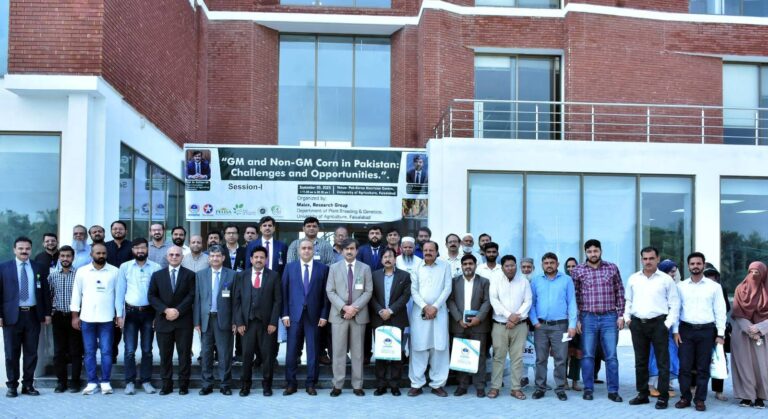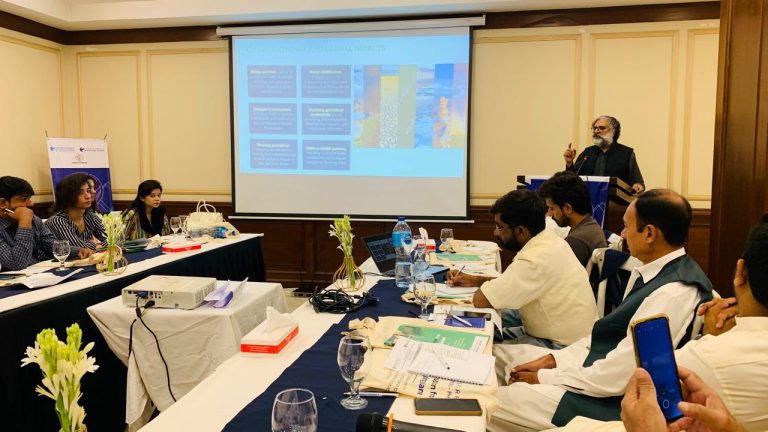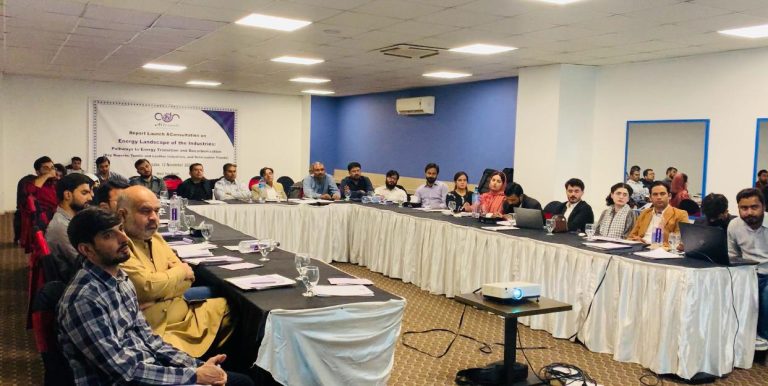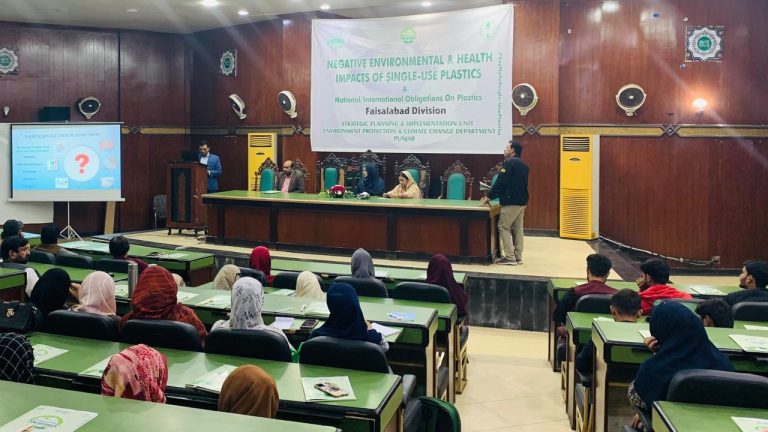Transparency International Pakistan Calls for Enhanced Climate Data Disclosure and RTI Implementation to Strengthen Governance and Access to Finance

KARACHI: Transparency International Pakistan has released an assessment report evaluating the state of data disclosure by climate-related departments at both the federal and provincial levels. The report examines the proactive disclosure practices of 59 departments across the country, as required under Access to Information laws. It highlights best practices while identifying gaps to improve the implementation of data disclosure clauses, ensuring that Pakistan’s citizens who are disproportionately affected by climate change have access to crucial climate finance data and policy decisions. This, in turn, ensures that citizens’ voices are included in climate planning and decision-making processes.
The report stresses that the fight against climate change must involve stakeholders at local, provincial, and national levels to ensure a coordinated response. Transparency International Pakistan emphasizes that Goal 16 of the Sustainable Development Goals (SDGs) mandates access to information on climate change, making it a state’s responsibility to provide citizens with reliable, quality, and evidence-based information.
Although Pakistan has a legal framework in place for the right to information, compliance with proactive disclosure practices varies by region. At the federal level, compliance stands at 54%, while Punjab scores 60%, Khyber Pakhtunkhwa 46%, Sindh 31%, and Balochistan, which enacted its Right to Information (RTI) law in 2021, has the lowest compliance at 22%. Despite being the province most affected by climate change, many of Balochistan’s climate-related departments lack functional websites, which limits access to important information.
Transparency International Pakistan has recommended that all climate-related departments, at both federal and provincial levels, ensure that information on climate finance, policies, actions, projects, community participation, procurement data, and budget allocations are easily accessible under RTI laws. Additionally, the Public Information Commissions, responsible for enforcing RTI laws, should initiate capacity-building programs for Public Information Officers (PIOs) to improve their understanding of climate data disclosure.
Mr. Kashif Ali, Executive Director of Transparency International Pakistan, noted that although Pakistan contributes only 0.8% to global greenhouse gas emissions, it remains the fifth most vulnerable country to climate change. He emphasized the need to strengthen Pakistan’s climate governance frameworks through transparency, community inclusion, and the proactive release of information. Effective access to climate finance, he argued, relies on making climate data readily available to the public, thereby enhancing trust between citizens, stakeholders, and international climate finance institutions.






